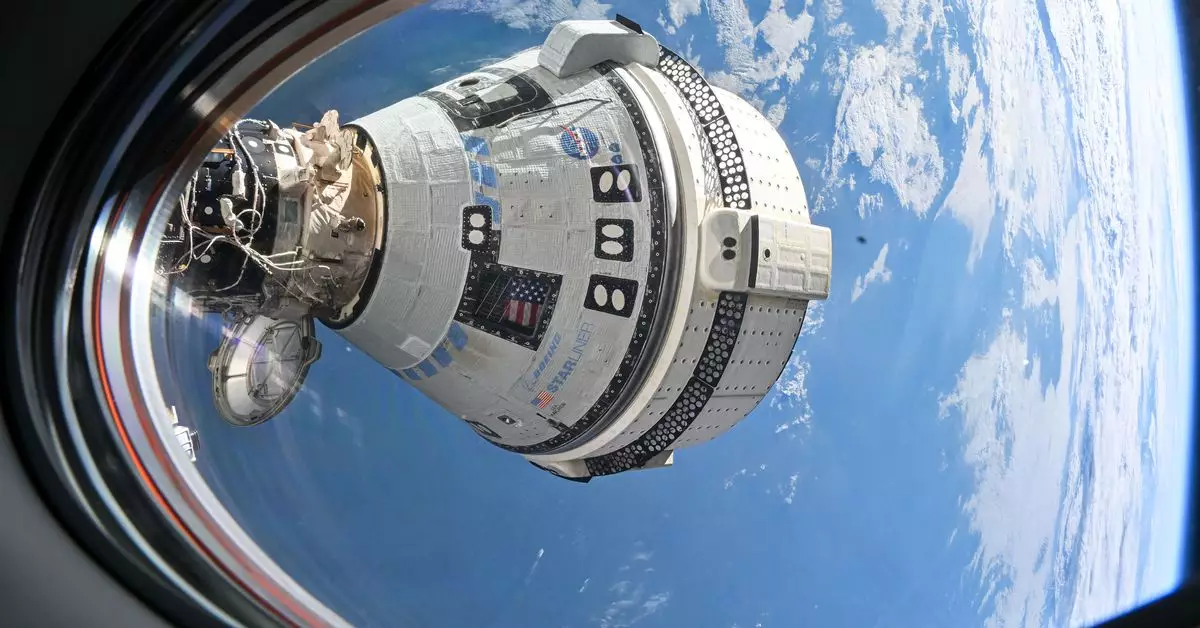Boeing, one of the giants in aerospace manufacturing, is facing critical challenges as new CEO Kelly Ortberg takes the helm. The company is wrestling with multiple setbacks, including profitability issues linked to ongoing problems with its Starliner spacecraft and the infamous 737 Max scandal, which has overshadowed its reputation. Recent reports suggest that Ortberg is contemplating divesting the company’s space division, a move intended to streamline operations and refocus the company’s resources. This is not merely a restructuring; it’s a strategic pivot amidst financial adversity and reputational damage.
Considering the sale of the space division marks a significant shift for Boeing, as it looks to maximize efficiency while repairing its tarnished image. According to sources, early discussions point towards possibly offloading projects associated with the Starliner and support initiatives for the International Space Station (ISS). This consideration reflects a broader trend in corporate management where organizations prioritize core competencies instead of spreading themselves too thin in diverse sectors. Ortberg echoed this sentiment in a recent earnings call, expressing the necessity of doing less but doing it better.
However, while divesting may present some short-term relief in terms of financial pressure and increased focus, the long-term consequences will need careful navigation. Losing the space division could mean relinquishing potential future opportunities in an industry that is gaining momentum with increased governmental and private investments.
Boeing’s financial reports tell a sobering story—$6.17 billion in losses during the last quarter alone, a staggering figure reflective of deep-rooted issues within the company. The Starliner project itself is a financial sinkhole, with costs amounting to $250 million per quarter. Analysts warn that if these losses continue unmitigated, Boeing might find itself in a precarious situation that limits its ability to invest in innovation and improvement. The company has projected a continuation of losses through 2025, raising concerns about sustainability and investor confidence.
Despite these challenges, there remain aspects of Boeing’s operations that are deemed vital to its identity, including its commercial and military endeavors. There are ongoing commitments to projects like the Space Launch System, which plays a critical role in NASA’s lunar aspirations, suggesting that not all aspects of the space division may be up for sale. As Ortberg steps into his leadership role, the navigation of these turbulent waters will demand astute decision-making.
The consideration to divest Boeing’s space division emphasizes a strategic necessity to streamline operations and mitigate financial risks. The coming months will reveal whether this move pays off in reviving Boeing’s fortunes or if it merely serves as a band-aid for deeper issues. As investors and stakeholders watch closely, the company must balance immediate recovery efforts with long-term viability in the competitive aerospace industry.


Leave a Reply